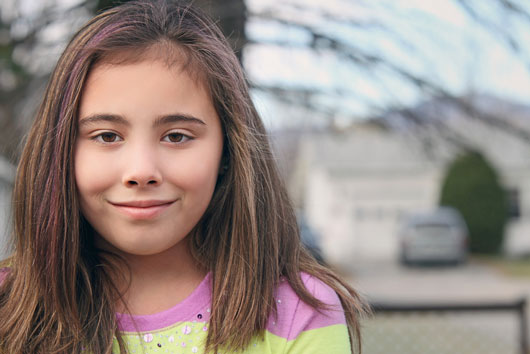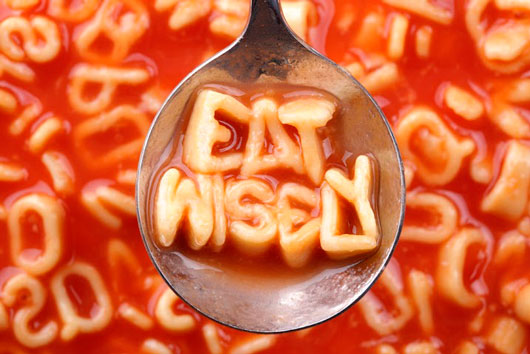
It’s been said that the only things we really learn are the things we learn for ourselves. That’s because only when we learn it for ourselves does it become intrinsic to us. We just naturally do it, without having to be coaxed or disciplined. The key to self-discipline for kids is for them to learn for themselves—a process we undercut when we impose the lesson on them.
As a clinical psychologist working with families, I’ve found that children learn best from consequences, whereas punishment generates resentment. A child who is punished may fall in line, but their heart isn’t in it. They don’t learn to be self-disciplined—which is why so many of our kids have a traumatic time in their teens.
The difference between punishment and discipline
Perhaps you’ve imagined that punishment—often referred to as discipline—is the same as consequences. I hear parents saying all the time, “I need to give you a consequence for what you did.” Give a consequence? That’s a non sequitur. Consequences and discipline are opposites. Consequences flow spontaneously from the situation, without requiring us to “think up” something that will “teach” our child. Consequences have to do with cause and effect, which are a natural process by which an action brings an automatic result.
Read Related: Discipline Alternatives for Young Children
With consequences, the situation itself, not the parent, becomes the teacher. In this way children learn for themselves. The parent is then seen as an ally and guide, instead of resented. When we parents intervene to impose some form of discipline, we short circuit the teaching that comes from allowing simple cause and effect to do its work.
Let me say it very clearly. Allowing cause and effect to teach self-discipline for kids is a world apart from from a child doing something and the parent (or school) giving them a “consequence.” That’s not a consequence at all: it’s a punishment. The resentment it causes leads either to a crushed spirit, to further acting out on the child’s part, or to a crisis later in life.
Helping kids to develop their own sense of responsibility
When children don’t develop their own sense of why they should behave in a responsible manner, they fall prey to the often negative influence of peers—especially a boyfriend or girlfriend as they gain greater freedom in their teens. Easily swayed, they are now at huge risk.
It’s because we rely on discipline to keep our kids in line that we have to continually stay on them. Since they haven’t learn it for themselves, we have to keep after them to get them to do or not do something. In contrast, when children develop their own self-awareness from the consequences of their actions, their own center of gravity guides them so that they aren’t so easily influenced by others and don’t constantly need to be pulled in line.
That a child develops its own center of gravity is vital. For instance, it’s when children don’t have a solid sense of themselves that they become bullies—as well as a victim of bullying. A lack of their own sense of their worth is also why so many of our teens engage in antisocial behavior, and why more and more of them are taking their own lives.
To illustrate how self-discipline develops when we don’t “discipline,” consider a child who’s late for an activity they enjoy, such as soccer or a play they want to be in. If the team or cast has already been selected, the child has the potential to learn a valuable lesson with the situation as the teacher.
The problem is that if the parent steps in to “hammer the lesson home” with a lecture about being on time, the child’s focus is deflected away from the teaching power of the natural consequence of lateness and onto the parent who is “straightening them out.” All this does is breed resentment. The parent’s role isn’t to scold, berate, or warn them about “what happens when you’re late.” The parent’s task is to allow the natural consequence do its job by keeping quiet.
How you, as a parent, can help
What the parent can offer, if the child brings up the topic of missing being on the team or in the cast, is something like, “I can help you practice getting your things together the night before. Shall we practice it a few times?” The parent shows them how to achieve what their heart longs to achieve.
It’s all about connecting with a child, instead of correcting the child all the time. It’s because we’re focused on correcting that so many parents tell me their kids shut them out, lie to them, become devious, and end up with the wrong crowd. They will connect somewhere—so it’s up to us to face up to all the things about us that need to change in order for them to want to connect with us.
I share lots of examples of how this works in practice, in all the nitty gritty situations of everyday home and school life, in my new book OUT OF CONTROL: Why Disciplining Your Child Doesn’t Work…and What Will.












